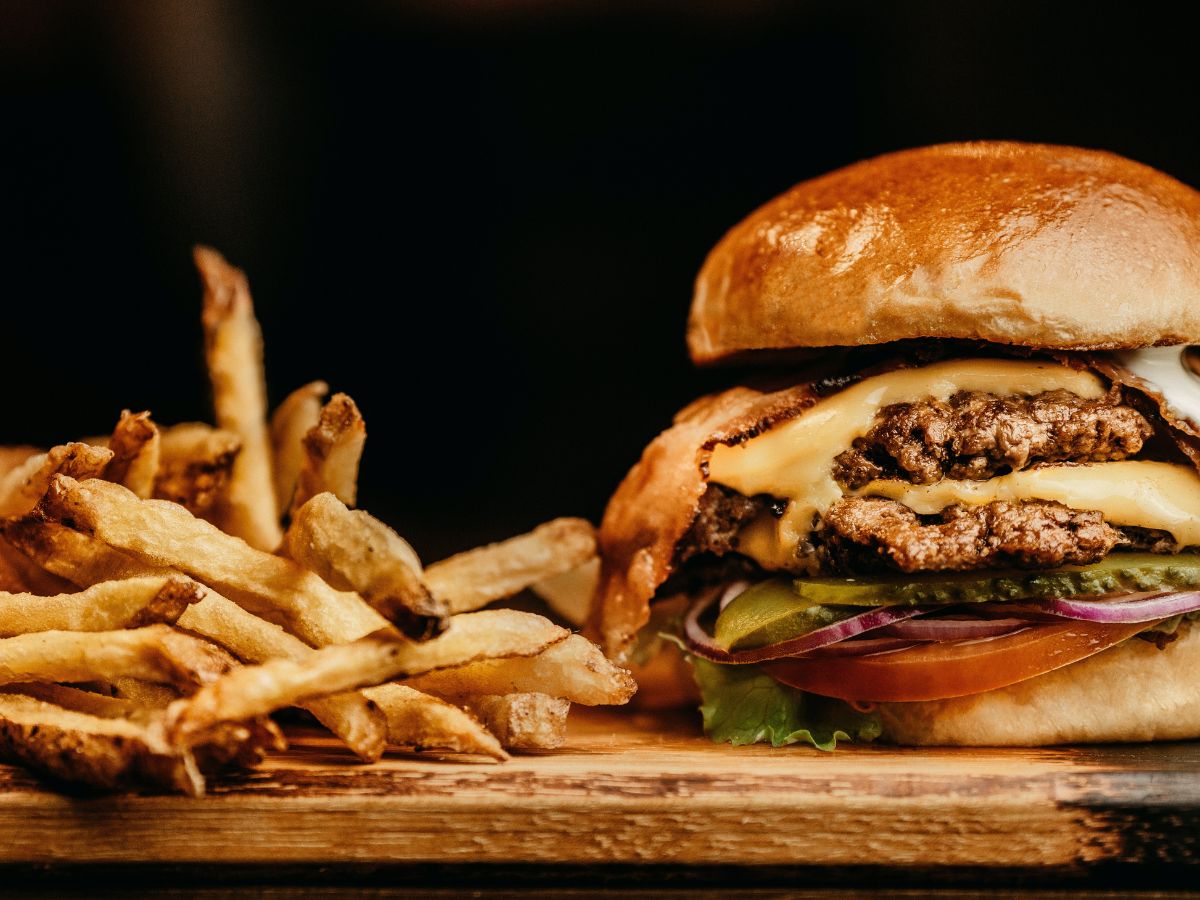Since 1975, the obesity rate has nearly tripled worldwide due to weight gain. It affected 41.9% of the population in the United States between 2017 and 2022.
The key reason for weight gain
Obesity is a long-term energy imbalance caused when we consume more calories than the body has time to burn. Thus, nutritional research for weight loss is crucial for the treatment of obesity.
Studies have revealed a correlation between weight gain and eating meals with a higher energy density (items with more calories per gram). Highly appealing meals may be artificially rewarding to consume.
Increased satiety and decreased energy intake have both been associated with higher protein intake. Designing diets to treat obesity might be made easier if essential food factors were better understood.
Recently, researchers looked into how four different dietary patterns’ meal characteristics affected caloric consumption.
They discovered that calorie intake was impacted by meal energy density, how rapidly meals were consumed, and the consumption of very appetizing items.
The study
The researchers examined information gathered from 35 people who took part in two inpatient observational studies. Each participant had a constant weight for the previous six months and ranged in age from 18 to 50.
They ate diets with moderate amounts of carbohydrate and fat that included both ultra-processed and minimally processed items; or minimally processed diets with a wide range of carbohydrate and fat content.
For two weeks each, participants consumed two different diets with seven-day rotating menus. They then had to consume as much of each food group as they desired.
The researchers had complete information on 2,733 meals. Data included information on their energy density, protein composition, speed of eating, and the percentage of hyper-palatable foods consumed. These are items that are high in fat, sodium, fat, sugar, or carbohydrate.
In the end, the researchers discovered that all the diets correlated with increased energy intake. These factors included energy density, the percentage of highly palatable foods consumed, and eating rate.
However, they discovered that increasing protein intake only correlated with increased energy intake in diets with low to moderate quantities of fat and carbohydrate.
Additionally, they discovered that eating protein at a previous meal increased energy intake at subsequent meals while following low-fat and low-carb diets. It decreased however when following an ultra-processed diet.
The outcomes of the study point to the significance of several factors in predicting energy intake. These include energy density, eating frequency, percentage of protein, and highly palatable items.
Increasing calorific intake
Energy density is the number of calories included in a given amount of food. You need less of something to consume a higher calorie intake if it has a higher energy density. For instance, a tablespoon of cooked oats contains only 15 calories, compared to about 100 for a tablespoon of peanut butter.
Foods that are more energy dense and higher in refined carbs tend to be more hyper-palatable as well. This makes it simpler to consume a lot of them without feeling fully satisfied. How quickly you eat can have a significant impact on how much you consume. The time it takes for our stomach to send our brain a signal of fullness is usually around 20 minutes. Therefore, it will take some time before you actually register your fullness cues if you eat a heavy meal in barely 10 minutes.
Limitations
T]he study was constrained by the fact that it was a retrospective study of previously published feeding trials however.
It is therefore hard to accurately predict how these findings transfer to more natural settings.
The findings might also possibly be affected by the small number of patients included in the study.
The adults were all very young, with a mean age of 29 to 31 years. Additionally, fiber consumption was not taken into account. This can significantly alter the amount of calories ingested. If the trends hold true across different age groups, more study would be required.
Significance
As with anything related to nutrition, one consequence would be to eat a diverse range of foods. This includes low-density foods like broth and salads. Also high-density foods like nuts, to acquire a wide variety of caloric-density foods. Another conclusion of these studies is that people should be eating slowly and consuming as few processed or unprocessed meals as possible. This helps you control your overall calorie intake.
When we consume unprocessed or minimally processed foods, we absorb a lot more water from the food.
Therefore, we consume less calories and less calorically dense foods when we eat unprocessed foods. A whole-foods, plant-based diet is perfect for a healthy life and avoiding weight gain.

